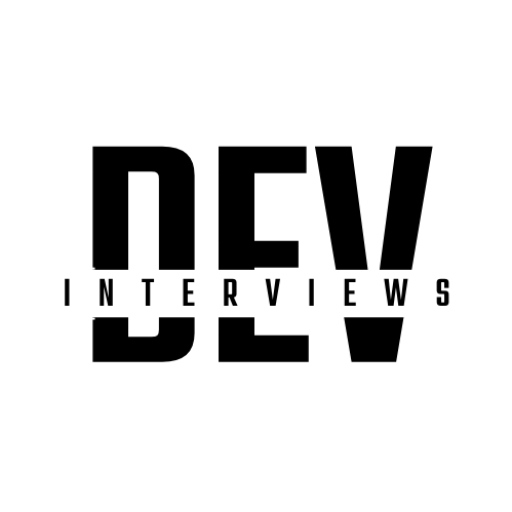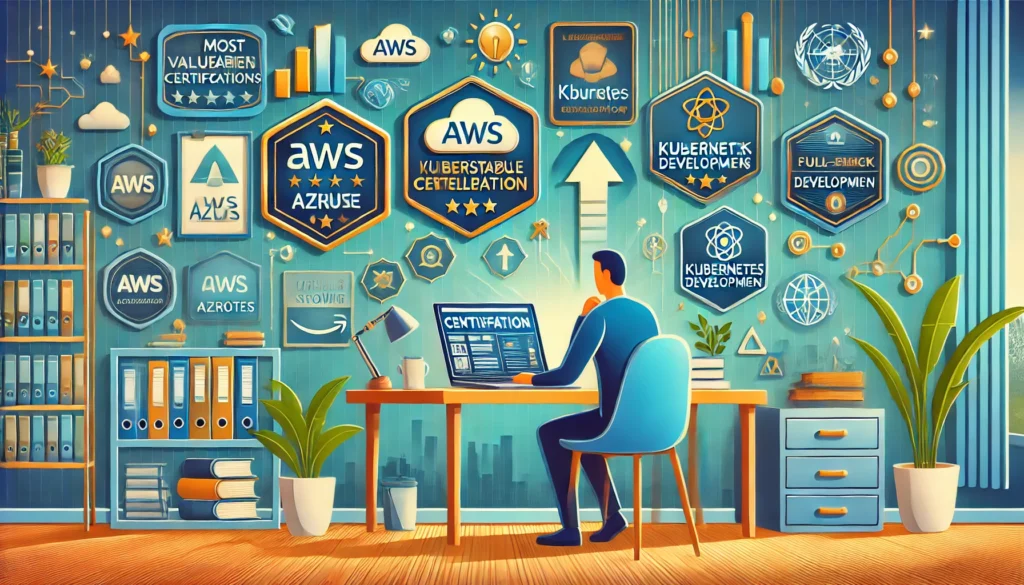Preparing for a technical interview can be a challenging task, but with the right approach, you can maximize your chances of success. This guide will help you understand the key areas to focus on, how to study effectively, and how to handle the technical aspects of an interview with confidence. Here are some detailed steps to help you prepare:
1. Understand the Interview Process
Before diving into specific topics, it’s essential to understand the structure of a technical interview. Most technical interviews for developer roles follow a standard pattern that includes:
- Phone Screening: A preliminary call with a recruiter or hiring manager to assess your background and motivation.
- Coding Challenge: Either a live coding test or a take-home challenge to evaluate your problem-solving and coding skills.
- System Design: For senior roles, this part focuses on designing scalable systems, discussing architecture, and making trade-offs.
- Behavioral Interview: This focuses on your soft skills, teamwork, and how you handle real-world challenges.
- Technical Deep Dive: An in-depth discussion on your experience, projects, and understanding of specific technologies.
Once you have a good idea of what the process entails, you can start preparing accordingly.
2. Review the Job Description
Study the job description carefully to identify the key skills and technologies the employer is looking for. This will give you a clear idea of what topics to prioritize in your preparation. Pay attention to:
- Required programming languages (e.g., Python, JavaScript, Java)
- Technologies and tools (e.g., databases, version control, cloud platforms)
- Problem-solving skills (e.g., data structures, algorithms)
Tailoring your preparation to the specific role will help you focus on what’s most relevant.
3. Master the Fundamentals of Data Structures and Algorithms
Most technical interviews involve coding challenges, where data structures and algorithms are essential. Here’s a breakdown of the most important concepts to review:
- Arrays and Strings: Understand how to manipulate and traverse arrays and strings. Be ready for questions like finding duplicates or reversing strings.
- Linked Lists: Know how to work with singly and doubly linked lists, and practice problems like reversing a linked list or detecting cycles.
- Hash Maps and Sets: Understand how to use hash maps and sets for fast lookups and common problems like finding unique elements or counting frequencies.
- Stacks and Queues: Practice problems that involve managing order, such as balancing parentheses or implementing a queue with two stacks.
- Trees and Graphs: Be familiar with binary trees, binary search trees, and graph traversal algorithms (e.g., depth-first search, breadth-first search).
- Sorting and Searching Algorithms: Know the basics of sorting algorithms (e.g., quicksort, mergesort) and searching techniques (e.g., binary search).
- Dynamic Programming: For more advanced interviews, be prepared to solve optimization problems using dynamic programming (e.g., the knapsack problem, longest common subsequence).
4. Practice Coding Problems
The best way to solidify your knowledge is by solving coding problems. Use online platforms like:
- LeetCode: Offers hundreds of coding problems with varying difficulty levels. It’s a great resource for interview preparation.
- HackerRank: Provides coding challenges and interview preparation kits.
- Codeforces: A competitive programming site where you can solve complex problems to improve your skills.
Focus on solving problems related to arrays, linked lists, recursion, dynamic programming, and graph traversal. Aim for a balance between easy, medium, and hard problems. Set a timer to simulate real interview conditions and improve your time management skills.
5. Study System Design for Senior Roles
If you’re applying for a mid-level or senior position, you’ll likely face system design questions. These questions assess your ability to architect scalable and efficient systems.
Here’s how to prepare for system design interviews:
- Understand Scalability: Learn how to design systems that can handle large volumes of data and users. Key concepts include load balancing, horizontal scaling, and database sharding.
- APIs and Microservices: Be prepared to explain how you would design APIs and manage microservices, ensuring proper communication and security between them.
- Database Design: Know when to use SQL vs. NoSQL databases and how to optimize database performance through indexing, partitioning, and caching.
- Design Patterns: Familiarize yourself with common design patterns (e.g., Singleton, Observer, Factory) and their use cases.
Practice designing systems for real-world scenarios, such as creating a URL shortener, a social media feed, or an online marketplace. Be ready to explain your choices in terms of trade-offs between performance, scalability, and cost.
6. Review Key Technologies and Tools
Make sure you’re comfortable with the specific technologies mentioned in the job description. Here are some common areas to focus on:
- Version Control: Be familiar with Git and be able to explain how to manage branches, resolve merge conflicts, and implement workflows like Gitflow.
- Databases: Understand relational (SQL) and non-relational (NoSQL) databases, indexing, normalization, and transactions.
- Cloud Platforms: For roles that require cloud experience, review AWS, Azure, or Google Cloud. Be able to discuss cloud services, storage solutions, and deployment strategies.
- Testing and Debugging: Know how to write unit tests, integration tests, and how to debug code efficiently using tools and log analysis.
7. Brush Up on Behavioral Questions
Technical interviews often include behavioral questions to assess how well you’ll fit within the team. Prepare answers using the STAR method (Situation, Task, Action, Result) for common questions like:
- Tell me about a time you faced a technical challenge.
- Describe a project where you worked as part of a team.
- How do you handle tight deadlines or high-pressure situations?
These questions help interviewers understand your communication style, problem-solving approach, and ability to collaborate. Practice clear and concise answers, focusing on your contributions and the outcomes.
8. Mock Interviews
One of the best ways to prepare for a technical interview is to do mock interviews. You can ask a friend or use platforms like:
- Pramp: Offers free mock interviews with peers in coding, system design, and behavioral interviews.
- Interviewing.io: Allows you to conduct mock technical interviews with experienced engineers from top companies.
Mock interviews will help you become comfortable coding under pressure, explaining your thought process, and managing time constraints.
9. Stay Calm and Communicate Clearly
During the interview, it’s important to stay calm and communicate effectively. Here are a few tips to help you manage the pressure:
- Think Aloud: As you solve problems, explain your thought process. This helps interviewers understand how you approach challenges, even if you make a mistake.
- Ask for Clarification: If you don’t understand a question, don’t be afraid to ask for clarification. It’s better to ask than to make incorrect assumptions.
- Pace Yourself: Don’t rush into solving the problem. Take a moment to understand the question fully and plan your approach before writing code.
10. Prepare for the Interview Day
Before the interview, make sure you’ve done the following:
- Get a good night’s sleep and eat a healthy meal.
- Test your technology (for virtual interviews) to ensure your internet connection, camera, and microphone are working.
- Review your resume and projects to prepare for any specific questions about your experience.
By following these steps and preparing thoroughly, you’ll be well-equipped to succeed in your technical interview. Remember, practice is key, so keep refining your skills and learning from each experience!



